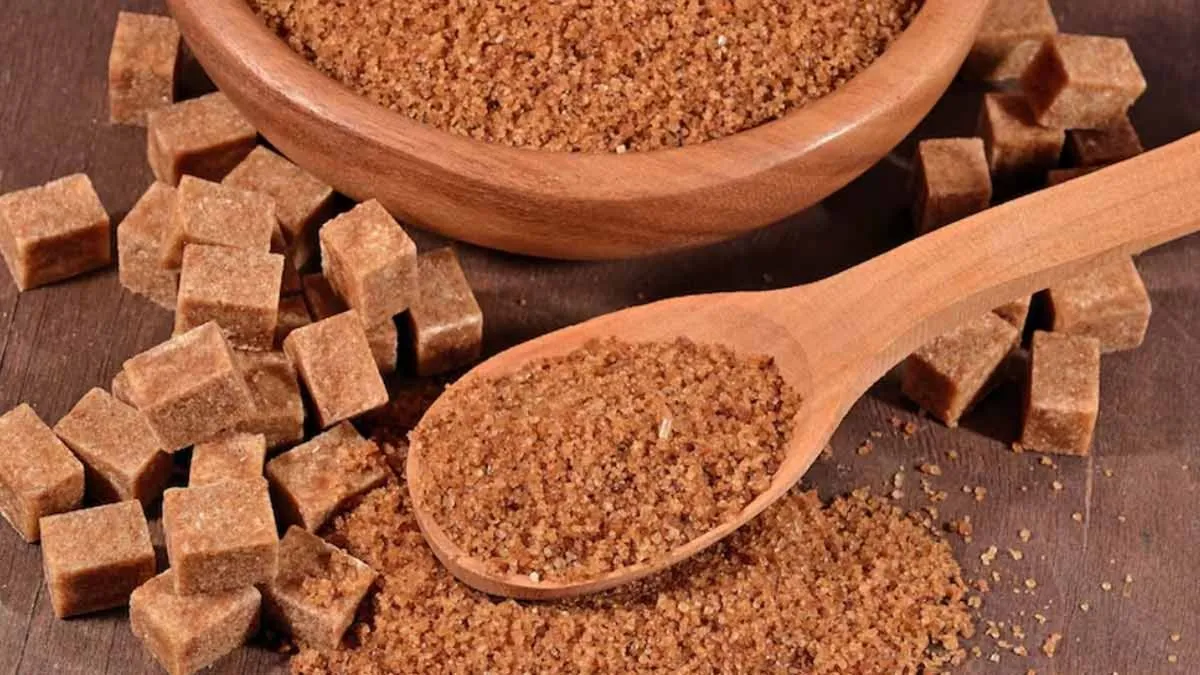
Sweeteners now have numerous aliases: from the zero-calorie sodas to the desserts rich in jaggery, and all boast of being the healthier option. But are they so? While natural sweeteners (such as honey or stevia) are associated with a health halo, sugar-free alternatives boast the virtue of having fewer calories and controlling blood sugar levels. However, they might also secretly damage your metabolism, gut flora, and overall well-being.
Table of Content:-
To know in detail about both of their merits, we talked to Manjushree Das, Certified Nutritionist at Atomm Fitness Club Mangalore, explaining how each of the sweeteners poses dangers to health.
How Does the Body Process Natural Sweeteners Differently From Artificial Sugar-free Sweeteners?
Natural sweeteners are derived from plant or animal sources. Some of the popular ones include Honey, jaggery ( derived from cane, palm or coconut), maple syrup, corn syrup, date powder and stevia, etc. Talking about natural sweeteners, Das said, “Natural Sweeteners contain nutritional benefits like antioxidants, vitamins and minerals because of less processing. Moreover, Natural sweeteners taste slightly different as compared to refined sugar and also have different intake requirements in terms of teaspoons or tablespoons. They can be an option for refined sugar, but also cause sugar spikes or insulin resistance if not consumed reasonably.”
The metabolic products of natural sweeteners and refined sugar are the same, so they are recommended to be avoided in diabetes, PCOS/PCOD or Obesity conditions.
Talking about artificial sweeteners, Das said, “They are obtained synthetically by combining two or more compounds in laboratory conditions, for example- saccharine, sucralose and aspartame, etc. As these are synthetically produced, they contain few or zero calories and little or no nutritional value.”
ALSO READ: Can Honey and Jaggery Replace Sugar for Better Health? Expert Weighs In
Artificial Sweeteners are Also:
- Devoid of nutritional value.
- Only provide sweetness with low but empty calories.
- The aftertaste is also different.
- Being low or zero calorie, artificial sweeteners can cause gut issues like bloating, acidity or digestive issues for some.
“When taken regularly or in high quantities, artificial sweeteners can also cause insulin resistance. Though the artificial sweeteners are a good substitute for refined sugars but it is not recommended either for diabetics or weight watchers,” advised Das.
What are the Long-term Risks of Artificial Sweeteners?
We tend to consume Diet Coke, low-calorie soft drinks, zero-sugar biscuits or cookies, sugar-free sweets or snacks, sugar-free health drinks or protein supplements, all in the name of better health choices. But, more often than not, we forget to check the amount of calories and other nutrients that should be taken into consideration before consuming such products.
According to Das, “Packaged foods are often made using preservatives to improve the taste and shelf life of the products. And this, for some, can cause insulin resistance, cardiovascular or liver issues when consumed for a long time.”
ALSO READ: How to Use Honey as a Natural Sweetener in Summers
Are Natural Sweeteners like Honey and Jaggery Good for Diabetes, Weight Loss and Blood Sugar Levels?
Honey, jaggery, dates powder, maple syrup or corn syrup, whichever natural sweeteners you take, all contain a similar amount of calories per 100 gms. Moreover, these taste different from refined sugar, which leads to overconsumption, disrupting the blood sugar levels.
“Natural sweeteners are advised to be consumed in restricted quantities for weight watchers and should be avoided for diabetics,” said Das.
How to Use Sweeteners if You’re Diabetic or Watching Your Weight?
Natural sweeteners have their own level of sweetness and aftertaste, which is not equivalent to refined sugar, leading to extra intake. And while natural sweeteners have nutritional value, they also have higher calories. According to Das’s advice, “Limit your sweetener intake to a total of 5g of refined sugar or any form of natural sweetener, both have 45 calories, helping you keep in check your health goals.”
“The only difference between artificial and natural sweeteners is the presence of a small quantity of antioxidants, vitamins and minerals in natural sweeteners. So, natural sweeteners are a better choice to add to our sweet taste quotient, but still should be consumed wisely and in low or moderate quantities to avoid the health consequences,” concluded Das.
ALSO READ: Diabetes Week 2025: Top Foods To Manage Blood Sugar + Sample Diet Chart
Conclusion: Moderation is the Mantra
Sweeteners, be they artificial or natural, all carry inherent sweetness, which, when taken in excess, can cause more harm than good. While it is important to avoid large amounts of sugar, jaggery, aspartame and even honey, a little might go a long way. So, when it comes to sweeteners, moderation is key!
Also watch this video
How we keep this article up to date:
We work with experts and keep a close eye on the latest in health and wellness. Whenever there is a new research or helpful information, we update our articles with accurate and useful advice.
Current Version